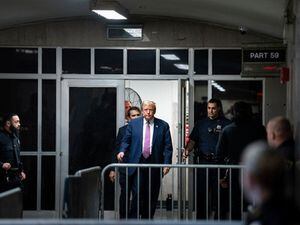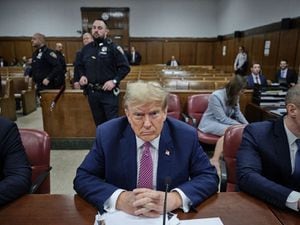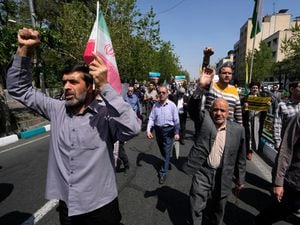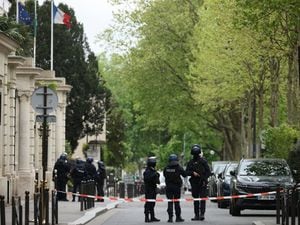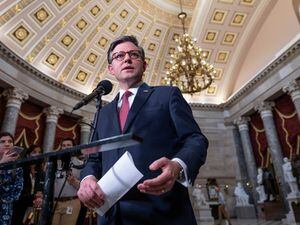Victims remembered following death of hippie cult killer Charles Manson
Manson died on Sunday night of natural causes at a California hospital while serving a life sentence.
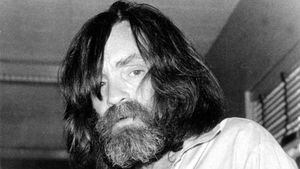
Charles Manson, the hippie cult leader who became the hypnotic-eyed face of evil across America after masterminding the gruesome murders of pregnant actress Sharon Tate and six others in Los Angeles during the summer of 1969, has died after nearly a half-century in prison.
He was 83.
Michele Hanisee, president of the Association of Deputy District Attorneys for Los Angeles County, reacted to the death by quoting the late Vincent Bugliosi, the prosecutor who put Manson behind bars.
Mr Bugliosi said: “Manson was an evil, sophisticated con man with twisted and warped moral values.”
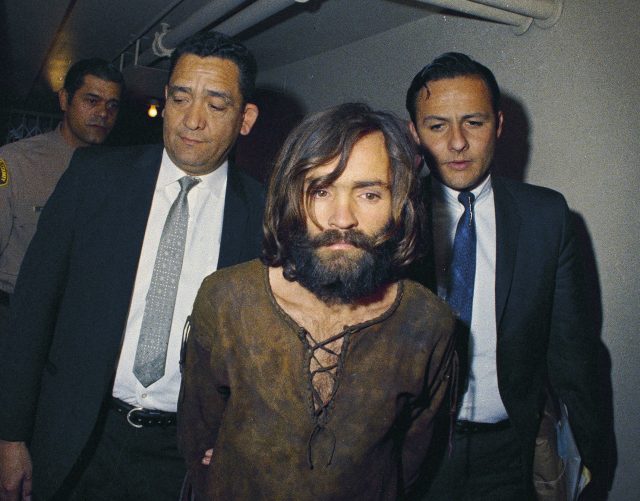
“Today, Manson’s victims are the ones who should be remembered and mourned on the occasion of his death,” Ms Hanisee said.
A petty criminal who had been in and out of jail since childhood, the charismatic, guru-like Manson surrounded himself in the 1960s with runaways and other lost souls and then sent his disciples to butcher some of LA’s rich and famous in what prosecutors said was a bid to trigger a race war, an idea he said he got from a twisted reading of the Beatles song Helter Skelter.
The deaths horrified the world and, together with the deadly violence that erupted later in 1969 during a Rolling Stones concert at California’s Altamont Speedway, exposed the dangerous, drugged-out underside of the counterculture movement and seemed to mark the death of the era of peace and love.
Despite the overwhelming evidence against him, Manson maintained during his tumultuous trial in 1970 that he was innocent and that society itself was guilty.
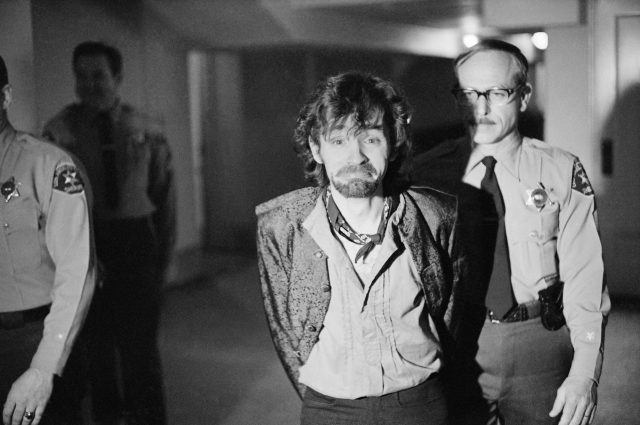
“These children that come at you with knives, they are your children. You taught them; I didn’t teach them. I just tried to help them stand up,” he said in a courtroom soliloquy.
Linda Deutsch, the longtime courts reporter for The Associated Press who covered the Manson case, said he “left a legacy of evil and hate and murder”.
“He was able to take young people who were impressionable and convince them he had the answer to everything and he turned them into killers,” she said.
“It was beyond anything we had ever seen before in this country.”
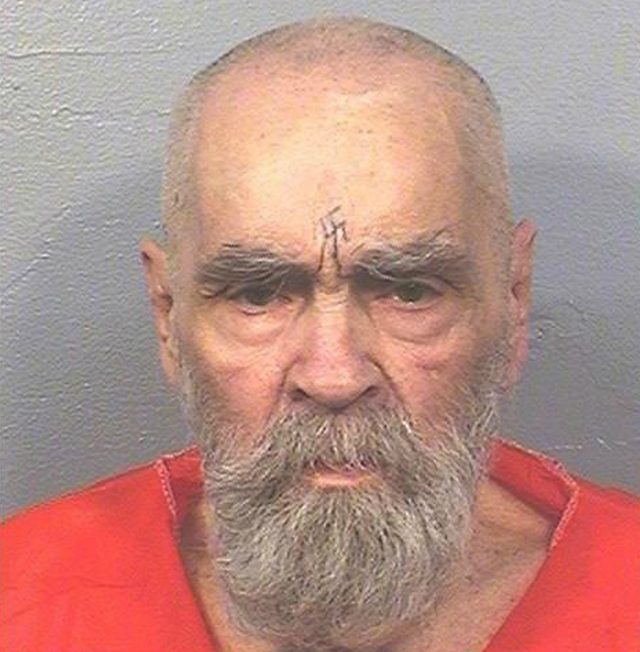
California Corrections Department spokeswoman Vicky Waters said it has yet to be determined what happens to Manson’s body.
It was also unclear if Manson requested funeral services of any sort.
Prison officials previously said Manson had no known next of kin, and state law says that if no relative or legal representative surfaces within 10 days, then it is up to the department to determine whether the body is cremated or buried.
The Manson Family, as his followers were called, slaughtered five victims on August 9 1969, at Tate’s home: the actress, who was eight and a half months pregnant, coffee heiress Abigail Folger, celebrity hairdresser Jay Sebring, Polish movie director Voityck Frykowski and Steven Parent, a friend of the estate’s caretaker.
The next night, a wealthy grocer and his wife, Leno and Rosemary LaBianca, were stabbed to death in their home across town.

